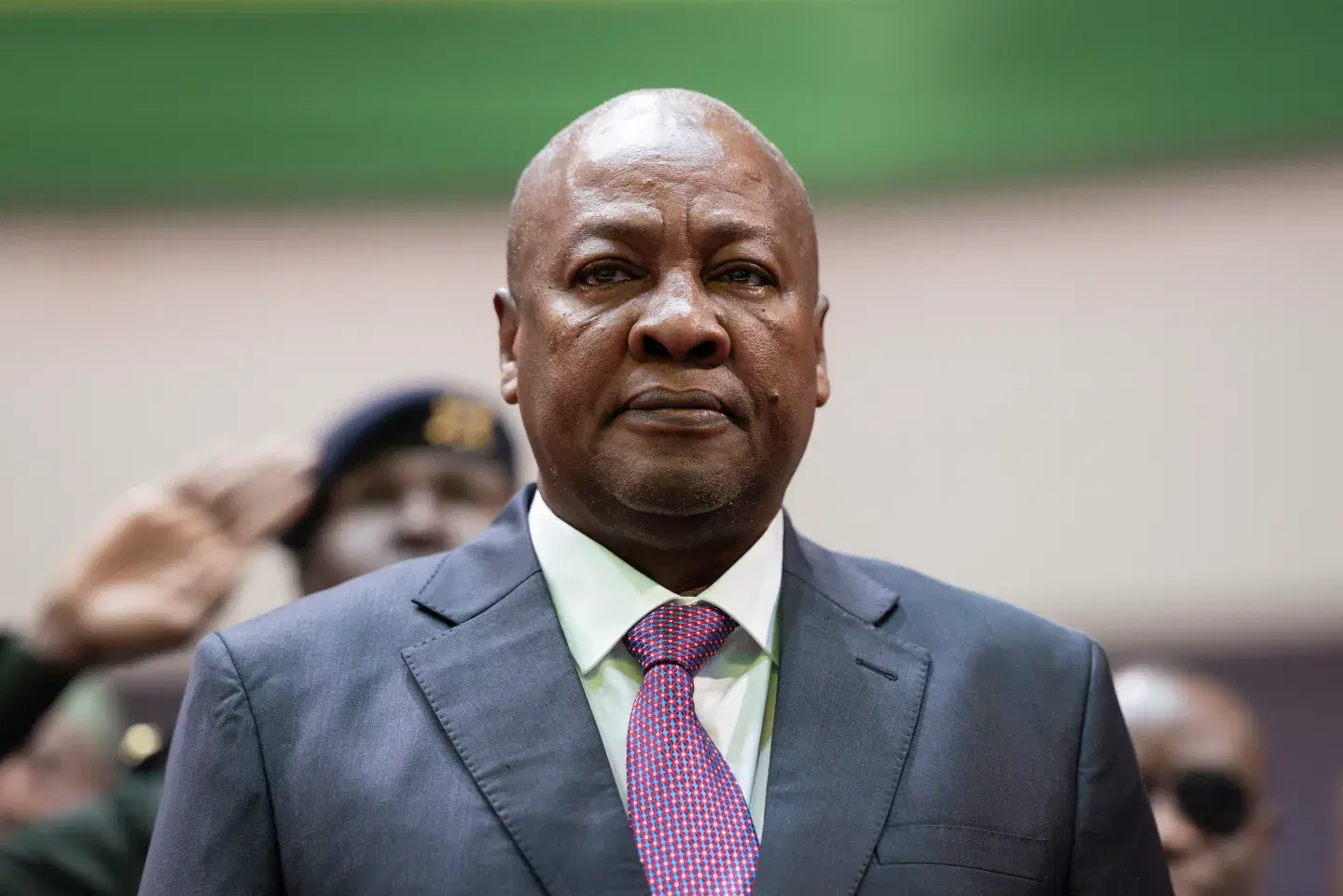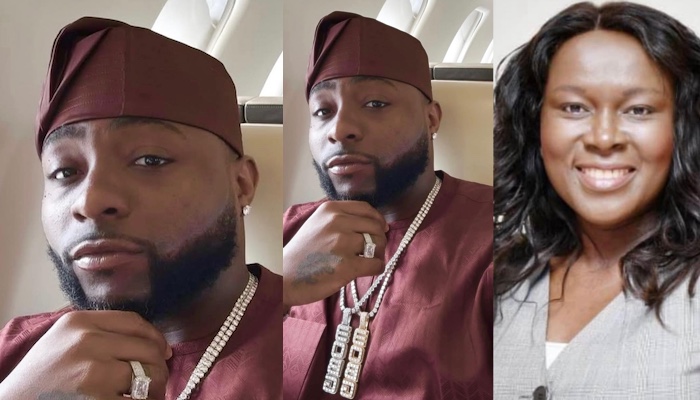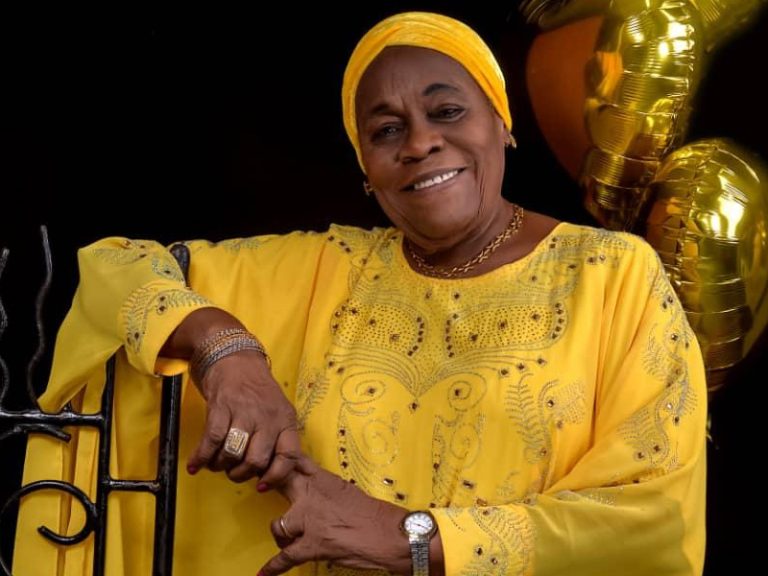
In a new diplomatic development, Ghana has agreed to accept West African nationals deported from the United States, President John Mahama confirmed on Wednesday.
The arrangement, which Mahama described as part of ongoing discussions with Washington, allows deportees from across West Africa to be received in Ghana under the framework of the region’s visa-free travel agreement.
“We were approached by the US to accept third-party nationals who were being removed from the US. And we agreed with them that West African nationals were acceptable,” Mahama told reporters.
According to him, a first batch of 14 deportees has already arrived in Ghana, including several Nigerians who have since returned home, as well as one individual from The Gambia.
Rising Tensions Over Migration
Ghana has historically hosted large Nigerian communities, but recent weeks have seen anti-Nigerian protests in several cities, with demonstrators accusing them of fueling crime, prostitution, and unfair competition in local markets.
The unrest prompted Nigeria to dispatch a special envoy in late July, while both countries’ foreign ministries worked to calm tensions.
US Pressure and Tariff Strains
The deportation deal comes amid heightened pressure from Washington. The US has recently raised tariffs on Ghanaian exports and restricted visa issuance to its nationals.
Mahama acknowledged the strain, saying relations with the US were “tightening,” but maintained that diplomatic ties remained positive.
Nigeria, however, has resisted similar US requests. Foreign Minister Yusuf Tuggar disclosed in July that Washington had asked Abuja to accept deportees of non-Nigerian origin, including Venezuelans from US prisons. “It will be difficult for Nigeria to accept Venezuelan prisoners,” Tuggar said, suggesting that US tariff threats were linked to deportation disputes.
A Controversial US Policy
The Trump administration’s third-country deportation policy has sparked global criticism. In recent years, hundreds of deportees have been sent to Panama, El Salvador, and even South Sudan, sometimes in defiance of US court orders.
Reports indicate that some were expelled before their asylum applications were processed, while others were accused of being gang members under an 18th-century deportation law.
Despite international pushback, Washington has continued to enforce the policy, leaving countries like Ghana and Nigeria under growing diplomatic pressure.



